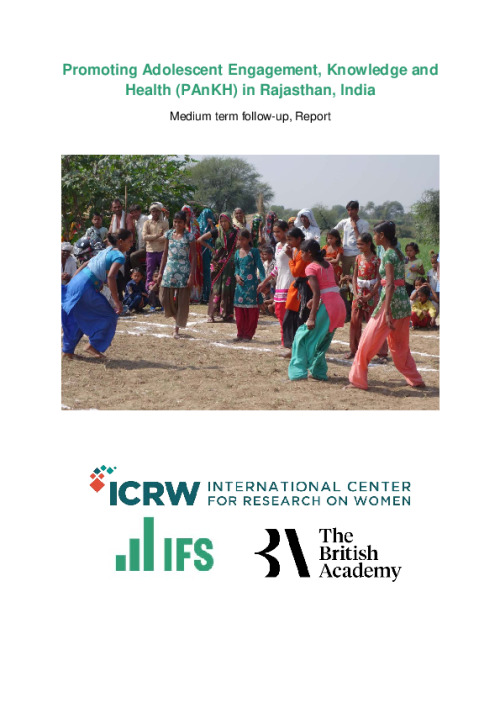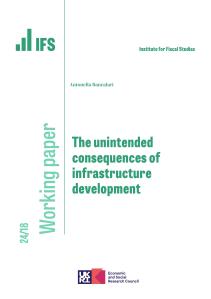Women in developing countries continue to be disempowered, facing multiple constraints which prevent them from investing in their human capital and breaking the cycle of dependence on men. These include high youth unemployment, low wages, as well as early marriage and child-bearing (World Bank, 2007; Jayachandran, 2015). India is a particularly salient case. Norms and attitudes centred on the primacy of men as decision makers and on women as holding a family’s honour create environments where it is difficult for young women to pursue their education, where many marry early and where they are unequipped with the skills and knowledge needed to make choices that are optimal for their future.









